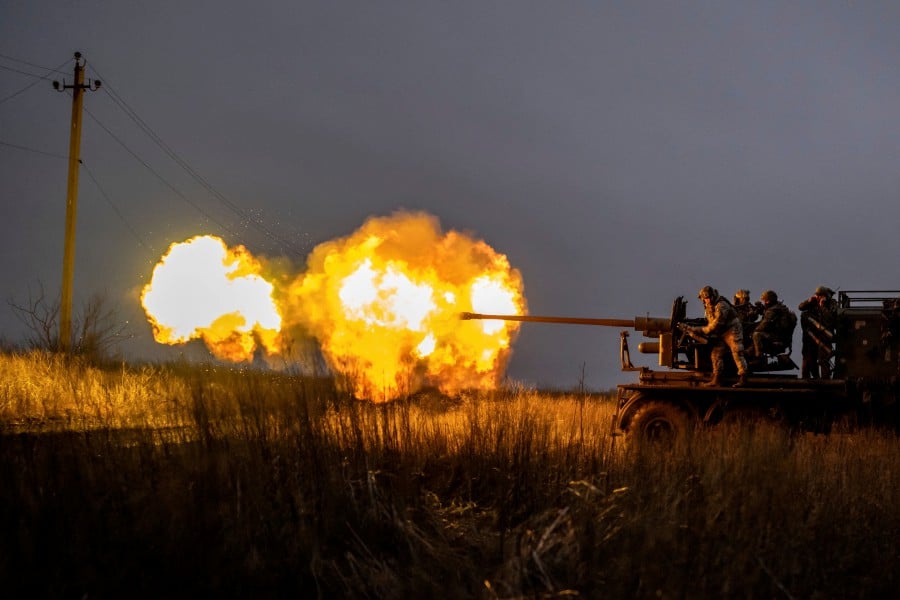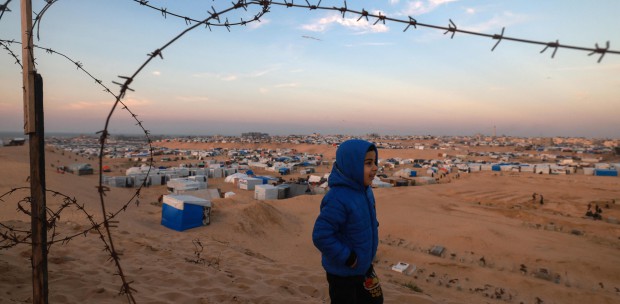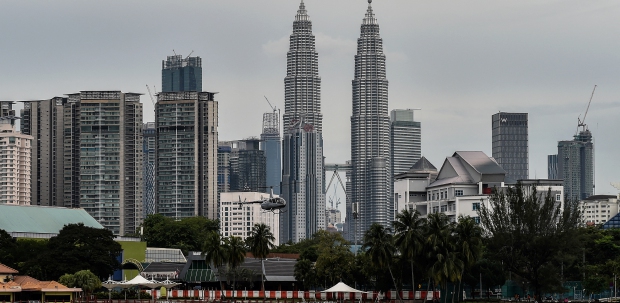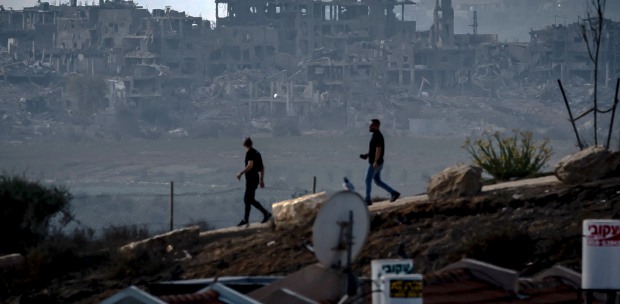AS the curtain is about to be drawn marking the end of 2023, three events stand out. The attrition war in Ukraine which becomes the catalyst for the growing clout of the multipolar world is seen also in the expansion of the BRICs (an acronym for Brazil, Russia, India, China, and South Africa) into BRICs-10.
Next, the rapprochement engineered by China between rivals Iran and Saudi Arabia has empowered countries in the Middle East to be more independent of their affairs by eschewing interference.
This is so that they will be in a relatively stronger position to ensure peace, stability and prosperity for their own region where oil and gas are in abundance.
And finally, the military victory of Hamas over Israel on Oct 7 has made the quest for an independent, sovereign Palestinian state the only issue on the table in the conflict.
To summarise the major global events of 2023, they all have a seamless theme of failure on the part of the US and its allies to anticipate and expect the unexpected.
Nowhere is this underscored than in the naïve statement made by the US National Security Adviser, Jack Sullivan, in which he gave a broad brush landscape of a quieter Middle East.
This is to hone in on the point that it is not so much American influence in that region is waning but rather a "quieter" Middle East under US President Joe Biden has made it possible for the US to focus on other things.
Speaking at The Atlantic Festival on Sept 29, Sullivan rattled off a long list of positive developments in the Middle East that were allowing the Biden administration to focus on other regions and other problems.
These developments, inter alia, include a truce in Yemen (though the US has nothing to do in bringing it about), Iranian attacks against US forces had stopped, and America's presence in Iraq was "stable".
The good news crescendoed with this statement: "The Middle East region is quieter today than it has been in two decades."
Eight days later, the unexpected happened when Hamas launched an unprecedented cross-border attack on Israel, killing over 1,000 people and taking hundreds of hostages to be exchanged for the thousands of Palestinians in Israeli jails.
But the year began with the other war when the world was reeling from the "expected" incident of state terrorism in the previous December when the Nord Stream pipeline was blasted with C4 explosives.
On Feb 7, 2022, just a few weeks before Russia launched its Special Military Operation (SMO) in Ukraine, Biden while standing next to German Chancellor Olaf Scholz in the East Room at the White House, told reporters "if Russia invades, that means tanks or troops crossing the border of Ukraine again, there will be no longer Nord Stream 2. We will bring an end to it".
Asked how he could be sure, since it would be officials in Berlin, not Washington, who would make the decision, Biden told a journalist: "I promise you, we'll be able to do it."
From the West's perspective, the bombing of Nord Stream in 2022 was "expected" to be some sort of a clincher that sometime early this year, Russia's foray into Ukraine will be decisively ended as the country will be deprived of massive gas revenues needed to finance the SMO.
The conventional wisdom in the West seems to go along this line: Russia seems to be living in a world of mirages thinking that its economy won't be "in tatters" despite the unprecedented slew of sanctions imposed on it when the "truth" is the effect of sanctions will take some time to manifest.
But instead the unexpected happened — it's the EU countries that are suffering economically as the sanctions boomeranged on them leading to the deindustrialisation of their economies especially Germany which is the country that hosted the Nord Stream.
This happened because it's cheaper Russian oil and gas that have powered the economic growth of Germany and the EU economies all this while, especially the former with its huge manufacturing base heavily dependent on oil and gas.
Now one by one, countries in the Eurozone are experiencing negative growth that will lead to a recession, judging by their latest gross domestic product results.
On Nov 14, Reuters reported: "The euro zone appears to be in the middle of another recession but worries about whether definitive growth figures (for 2023) due early next year will have a plus or minus sign in front are missing the bigger picture... the bad news is that growth is hovering around zero with little out there to fuel a meaningful recovery.
The same gloomy tone can also be discerned in a CNN report of Oct 31: "The euro area economy risks falling into recession later this year after official data Tuesday showed that output shrank slightly in the third quarter," according to an initial estimate published by Eurostat."
In contrast, Russia is expected to have a growth of 3.5 per cent for the whole of 2023 which conclusively proves that it has won the sanctions war.
Notice there is a form of "censorship" in these two reports. The boomeranged effect on the Eurozone economies of the shock and awe sanctions on Russia is not mentioned at all.
The Nord Stream being blown up into smithereens was explicitly ignored. The reason for this omission is easy — admitting them is tantamount to an admission that Russia has already won the sanctions war.
This is where the global mainstream media which is owned by entities in the collective West that have a strong connection with political Zionism is in cahoots with their government in spreading Russophobia as an important element of the proxy, hybrid war of the collective West against Russia.
It is only recently their reports on the Ukraine war have finally caught up with the reports by the Russian media and the independent bloggers and independent news channels proliferating on the Internet.
This is a good sign although there are still small pockets of holdouts among some journalists and their senior editors who are still refusing to come to terms with the inevitable victory of Russia and are bent on prolonging the war via their news reports and op-eds.
These are the cruellest people on earth who love war like enjoying a computer war game without giving a darn to the hundreds of thousands of people (Ukrainian and Russian soldiers) that will be sacrificed in order to fulfil their lust.
Also dangerous is the subtle implication in these omissions that the collective west are not giving up on Ukraine and intend to prolong the war despite the sorry state of affairs Ukraine is in now on the battlefield, and despite the destructive effect of the Ukraine war on the EU economies.
The writer is the Editor of Let's Talk!, an e-newsletter on current affairs





